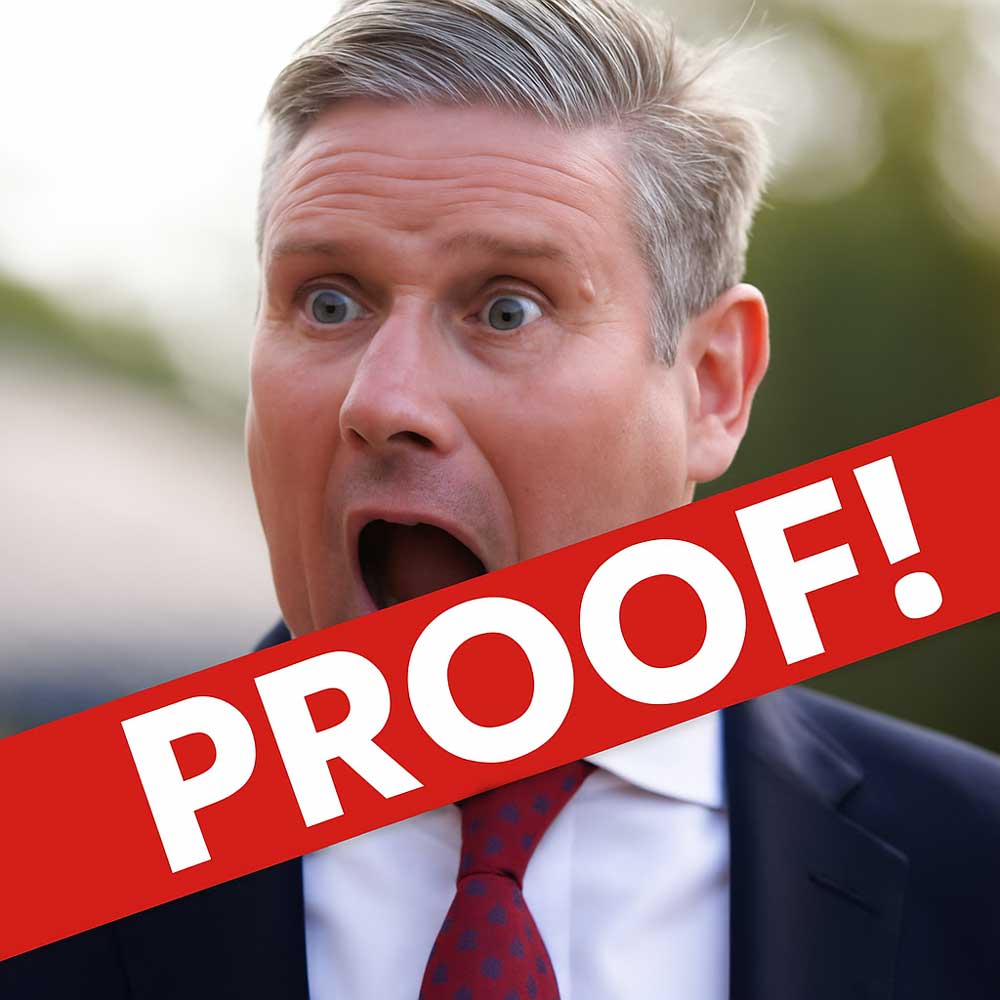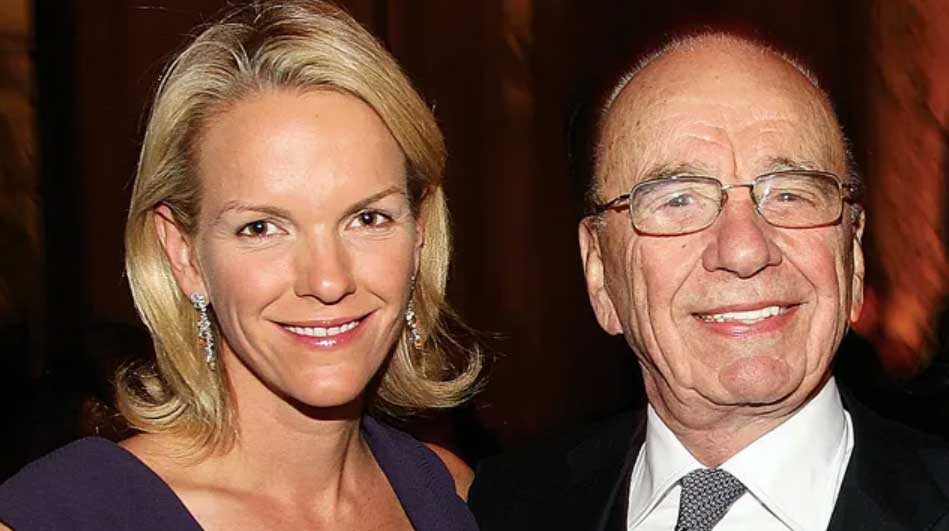In a dramatic session in Parliament on Wednesday, Rachel Reeves appeared visibly upset when questioned about her future as chancellor of the Exchequer, a role she stepped into last year as the first woman to do so. Questions arose after Prime Minister Keir Starmer hesitated to reaffirm his support for her amidst growing concerns over her leadership.
Starmer had previously indicated that Reeves would maintain her role until the next general election. However, in response to opposition leader Kemi Badenoch's inquiry about that pledge, he sidestepped the question, leading to swirling speculation about her stability within the government.
Later, the Prime Minister’s office attempted to quell the rising concerns by publicly declaring that Reeves was “going nowhere.” She took on the chancellorship with a commitment to bolster the country’s financial integrity following the tumultuous financial strategies of former Prime Minister Liz Truss.
Despite her experience at the Bank of England, Reeves has faced criticism from some Labour Party members, particularly regarding her tactics of utilizing savings from social welfare programs to address financial challenges.
Recent tensions escalated following a contentious vote related to alterations in the social welfare system. Although the government managed to pass its proposed legislation, it was met with substantial dissent from within its ranks, as 49 MPs rebelled against the party line despite the introduction of concessions that some critics feel undermined the bill.
As Rachel Reeves navigates these turbulent waters, the future of her chancellorship continues to hang in the balance, reflecting the ongoing challenges faced by the Labour Party.
Starmer had previously indicated that Reeves would maintain her role until the next general election. However, in response to opposition leader Kemi Badenoch's inquiry about that pledge, he sidestepped the question, leading to swirling speculation about her stability within the government.
Later, the Prime Minister’s office attempted to quell the rising concerns by publicly declaring that Reeves was “going nowhere.” She took on the chancellorship with a commitment to bolster the country’s financial integrity following the tumultuous financial strategies of former Prime Minister Liz Truss.
Despite her experience at the Bank of England, Reeves has faced criticism from some Labour Party members, particularly regarding her tactics of utilizing savings from social welfare programs to address financial challenges.
Recent tensions escalated following a contentious vote related to alterations in the social welfare system. Although the government managed to pass its proposed legislation, it was met with substantial dissent from within its ranks, as 49 MPs rebelled against the party line despite the introduction of concessions that some critics feel undermined the bill.
As Rachel Reeves navigates these turbulent waters, the future of her chancellorship continues to hang in the balance, reflecting the ongoing challenges faced by the Labour Party.





















